What Not to Compost? 20 Things to Avoid (With Pictures)
-
Pete Ortiz
- Last updated:
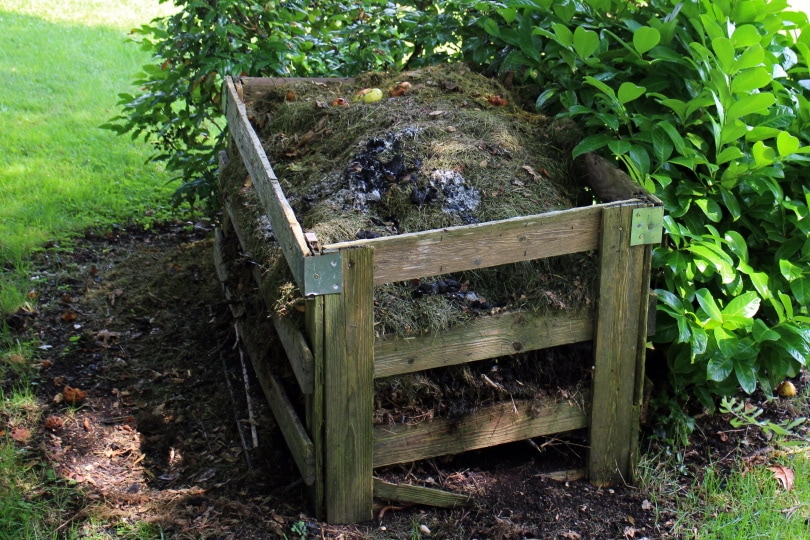
There’s a common misconception that you can compost pretty much anything you can get your hands on. However, while that’s mostly true, there are still certain materials that you should never use. This applies both to organic waste and inorganics. The list is quite big, too. today, we’ll take a quick look at the things that are not recommended to use as “fertilizer fuel”.
We’ll start by looking at kitchen waste, woods, plants, and human waste, and then move on to synthetic stuff. But before that, we’ll talk about the definition of composting and how it works. To compost or not to compost—that’s the big question here!
What is Composting?
In simple terms, it’s how Mother Nature breaks down waste (mostly organic), turning it into fertilizer. Composting is an incredibly powerful instrument in the hands of a capable gardener. If you follow the rule “no waste should go to waste”, you’ll be able to cover your entire garden’s need in humus by turning garbage into a nutrient-rich, 100% natural fertilizer.
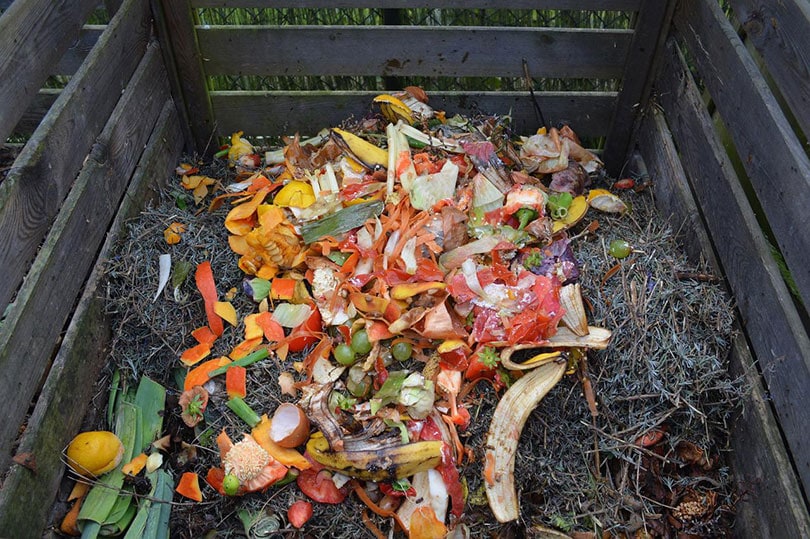
Fruit scraps like broccoli stalks and potato skin, banana peels, herbs, and soured drinks are perfect for composting. Again, instead of throwing it away, composting allows you to put it to good use. There are two types of compostable materials. Brown (dead woods and plants—carbon-rich and take a while to break down) and green (veggie/fruit waste and healthy plants—rich in nitrogen). Organics (Green Waste) Kitchen Stuff
It’s safe to say that the kitchen is the biggest supplier of organic waste. Now, most of us know which waste bins to use for recyclable food, cans/bottles, paper/cardboard, and general waste. But what about composting? Can you, say, use garlic peels for it, or not? Read on to find out!
The 20 Things That You Should NOT Compost
1. Eggs and Dairy Products

It’s no secret that dairy products ferment over time. Once that happens (usually, in 3–5 days), a pungent “aroma” follows. If you’ve ever smelled sour milk, you know exactly what we’re talking about. The same applies to rotten eggs. What’s even worse, this smell is like a magnet for pests and maggots. Technically, milk, cheese, yogurt, and eggs can be composted, but they’re simply not worth it.
2. Red Meat and Fish
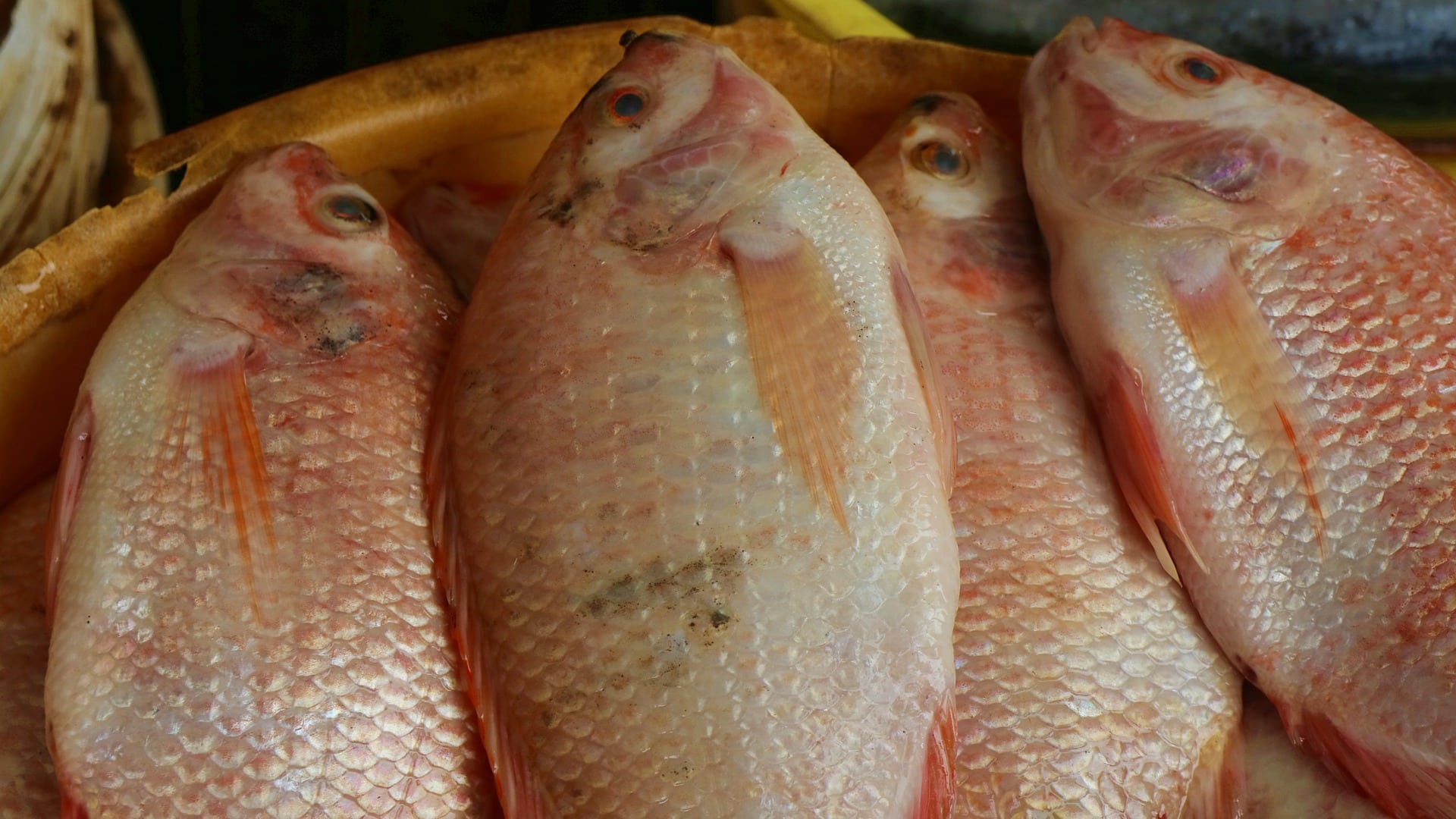
Animal byproducts are NOT to be composted—please, write that down and stick it to your fridge. Sadly, a lot of gardeners and regular folks believe that meat, fish, and bones are perfect for composting. But in reality, they breed bacteria, attract pests, and generate a foul smell. The odor comes from these products raising the temperature in the bin.
And that’s precisely what makes it a prime target not only for insects but also rodents and raccoons (if there are any in your area, of course). Furthermore, worms can’t feed on any of it. So, yes, meat products are a very bad idea for your compost, even though they do include nutrients that are beneficial for garden plants.
3. Oil, Fat, and Grease

For organic waste to decompose, it needs to have just the right amount of moisture, but oils interfere with the process. They don’t break down and prevent water from “doing its thing”. That’s why it’s imperative to keep any grease, fat, or oil away from the compost batch. Besides, critters are big fans of the oil smell. So, unless you want to arrange a feast for them, make a habit of not putting any grease into the bin.
4. Fat-Rich Foods
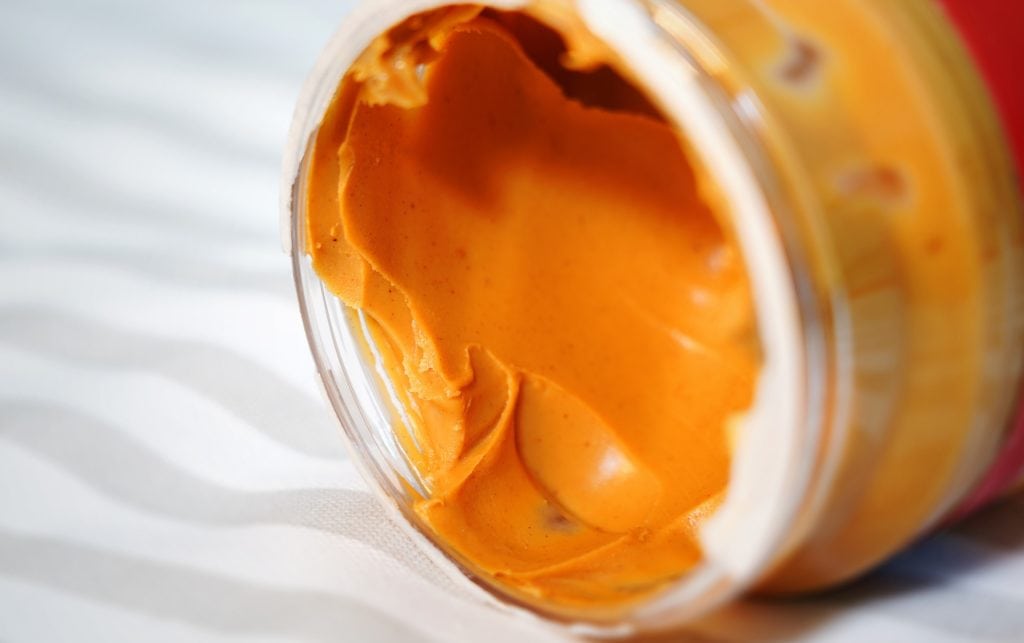
Got some peanut butter and oily salad leftovers that you’re dying to add to the compost? Well, we wouldn’t do that! Fat-based condiments have the same problem as grease and oil: they break down very slowly, which creates one big headache for any gardener trying to make all-natural compost from organic waste.
5. Fresh-Baked Products
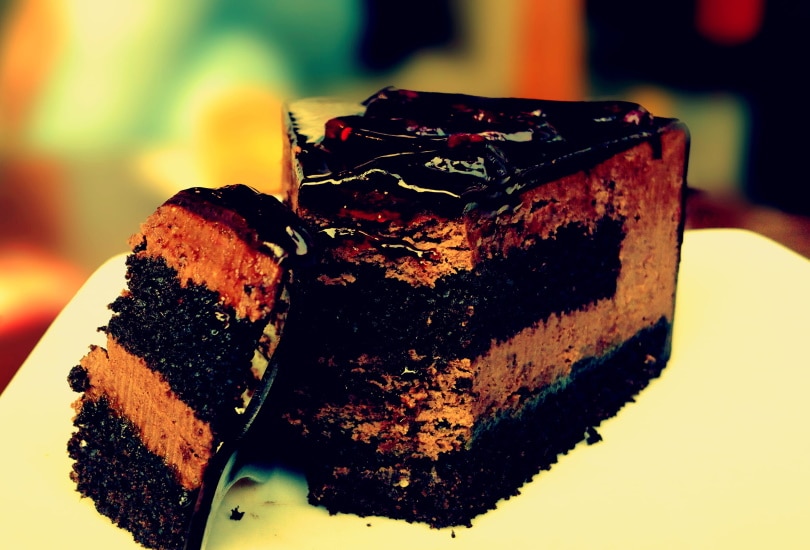
If you like to bake delicious cakes, we salute you, but putting scraps in a compost pile won’t do any good. This is especially true for cookies that are rich in sugar. They are breeding grounds for bacteria and attract insects and animals. Cooked grains are an even bigger problem (rice, for example). On the bright side, uncooked rice and hard-cooked bread can be composted.
6. Citrus Peels/Acidic Foods
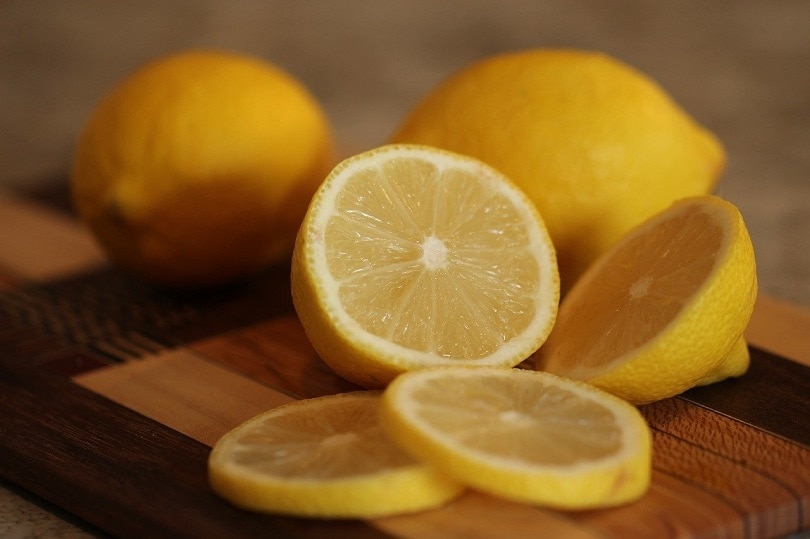
We can’t stress how important it is to keep the right pH of the compost batch. Citrus fruits are quite acidic, which is not what you want for the fertilizer. Moreover, they take significantly longer to break down, which is also a con. It doesn’t matter whether you’re using only the peels or the entire fruit, as they’re both destructive. And abnormal acidity levels will kill the bacteria that aid with the decomposition process.
7. Onion/Garlic Peels
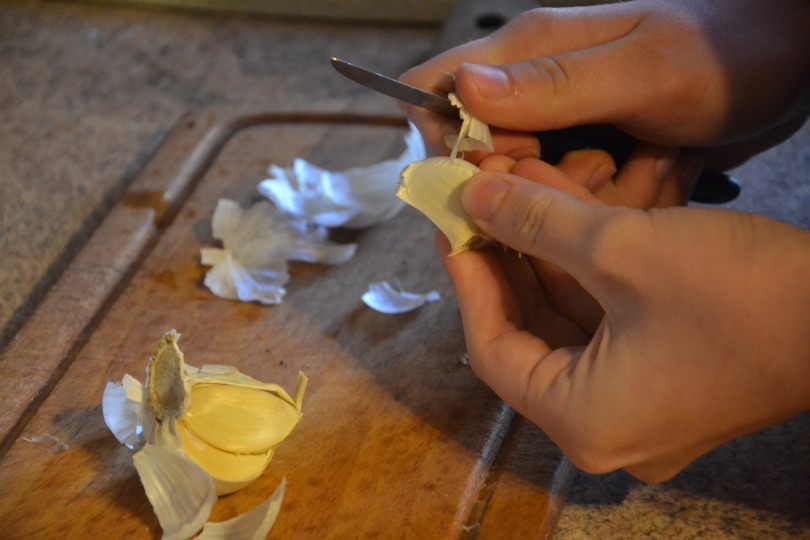
We’re used to throwing away garlic and onion peels. So, why not add them to the compost bin? Much similar to acidic foods, these products are the biggest nightmare for the bacteria/worms, and without them, you won’t see organics breaking down any time soon. The best thing to do with onion scraps is to plant them in soil and grow new bulbs.
8. Used Tea Bags and Coffee Pods
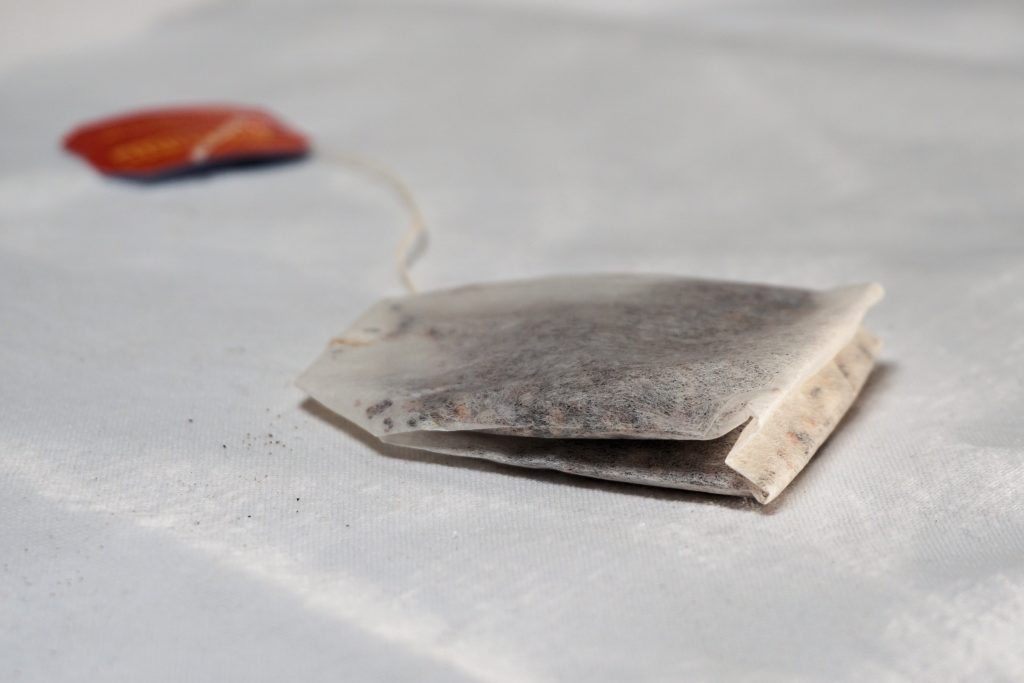
Are you a coffee addict? Or maybe you’re a big tea fan? In any case, you should never even consider coffee pods or used tea bags as “food” for compost. These things are made of synthetic and nylon fibers that will take months to break down. With that said, tea leaves and coffee grounds are perfect for fertilizer, as they’re rich in phosphorus and nitrogen and decompose quickly. If you’re a coffee head, keep that in mind.
9. Plastic/Foil Packaging
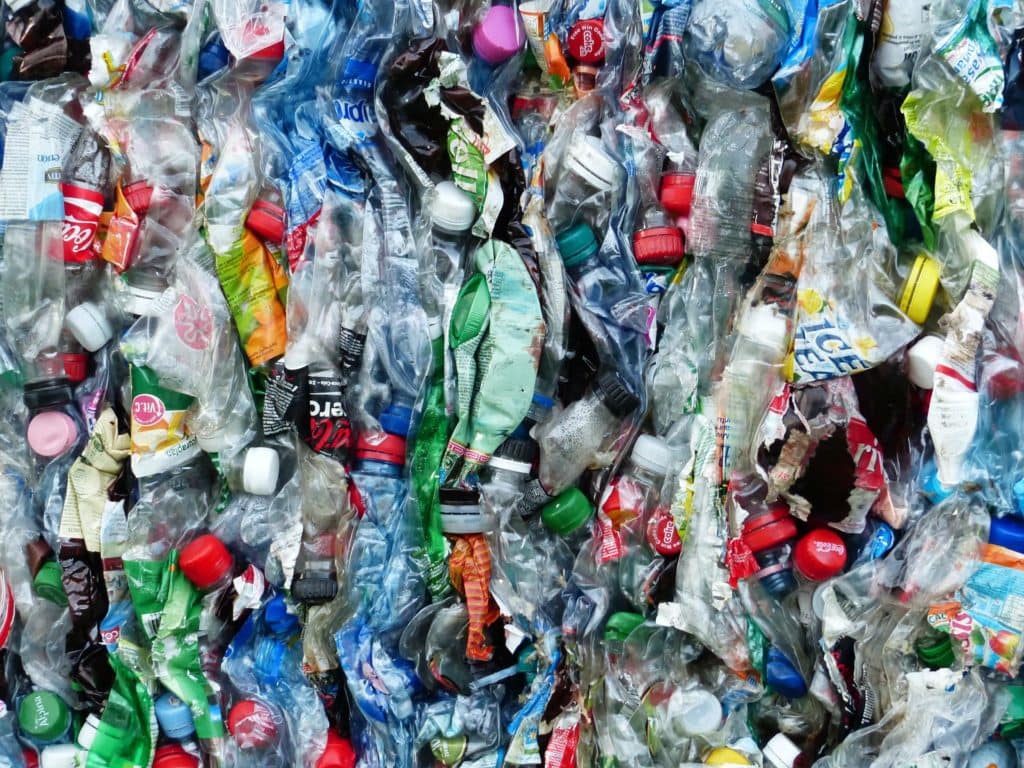
Just like with bags and pods, packages made of foil and plastic will ruin your compost pile. The same is true for cellophane and any packaging that comes with a “biodegradable” tag on it, because, most likely, it will only work if you own an industrial facility, not a compost bin. Veggie/fruit stickers are even harder to deal with. Woods, Plants, and More (Brown Waste)
If you own a garden (or, at least, a backyard) you probably have lots of brown waste on your hands. Diseased plants, lumber leftovers, rocks, and soil are just some of the examples. So, which materials aren’t compost-friendly? Here’s a detailed breakdown.
10. Toxic Plants
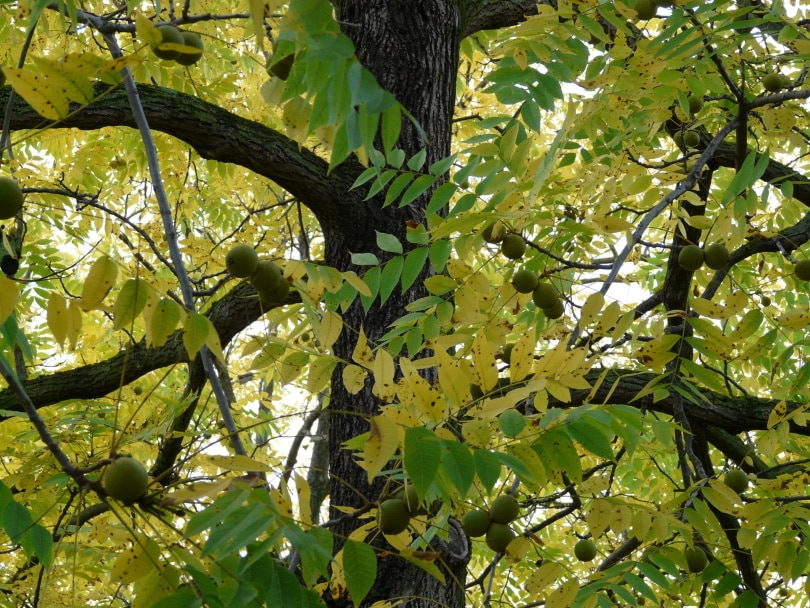
Do you know what juglone is? It’s a rather dangerous organic compound that’s harmful to humans and pets. It’s found in the black walnut tree; so, be extra careful when dealing with it. Toxic plants contain it as well—oleander, water hemlock, or rosary pea, to name a few. But what about general yard waste, though?
Well, sticks and leaves are a top pick for composting. However, weeds are an entirely different matter. The problem with weeds is that they’re quick to take root and “eat away” at the organics in the bin.
11. Infested Plants
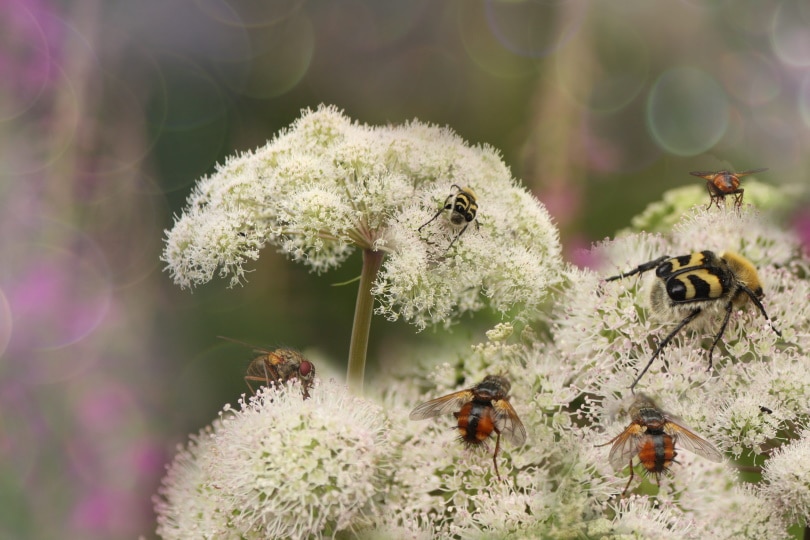
Infested plants are another never-ever for compost. Unfortunately, insects and fungus infect plants quite often; when mixed with the rest of the waste, they’ll take over the whole thing. It shouldn’t be hard to notice that your vegetables, fruits, or flowers are infected, though.
12. Treated Lumber and Plants
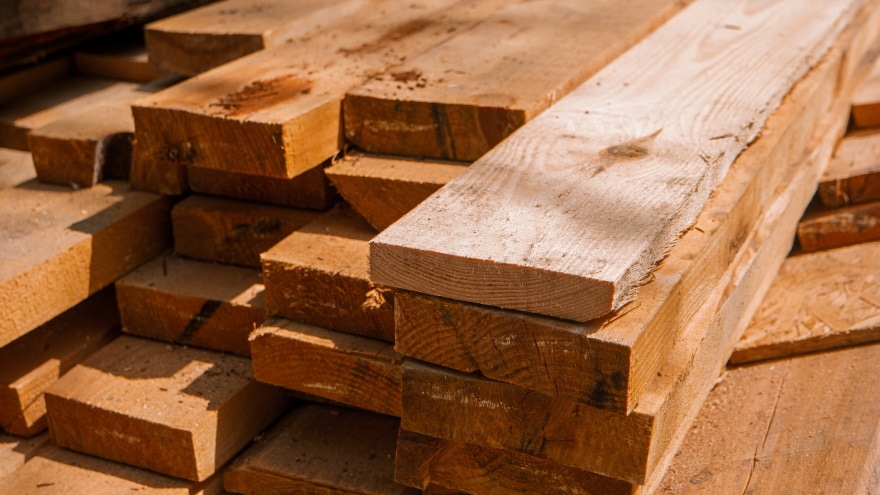
Wood shavings and chips are an excellent choice for composting. However, the same can’t be said about treated lumber. Mainly, we’re talking about wood that was treated with a water-repellent product. For example, if you have some boards and planks left from building something on your property, best believe it’s covered in a chemical that’s toxic and harmful.
Extended resistance to moisture also means a slower decomposition rate. Pesticide-treated plants shouldn’t be composted either, as they’ll have a hard time turning into humus. As we said earlier, the organisms that live in any compost pile do most of the heavy lifting and need to be protected.
13. Large Chunks of Wood
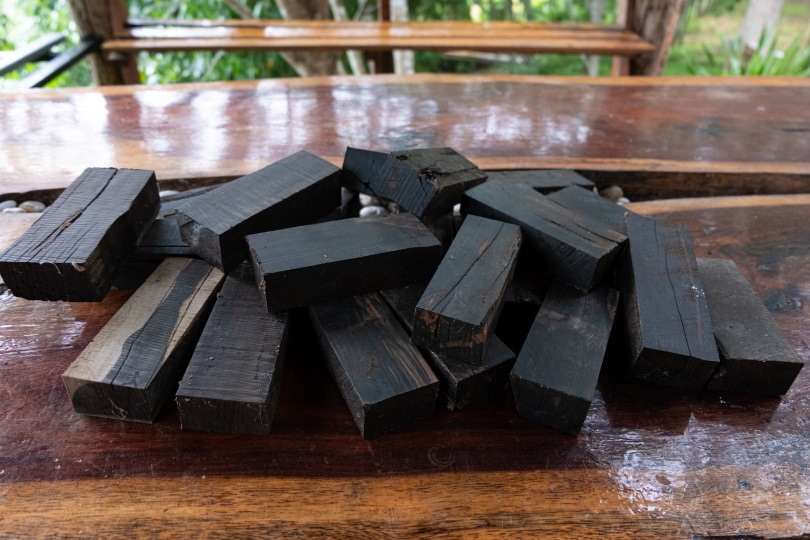
Wait, why is natural wood a problem? Well, it’s not a big deal, but the larger the pieces of wood, the longer you will have to wait for them to decompose. Therefore, grab a saw, cut these into tiny pieces (the smaller, the better) and only then consider using them.
14. Lawn Trimmings (Treated)
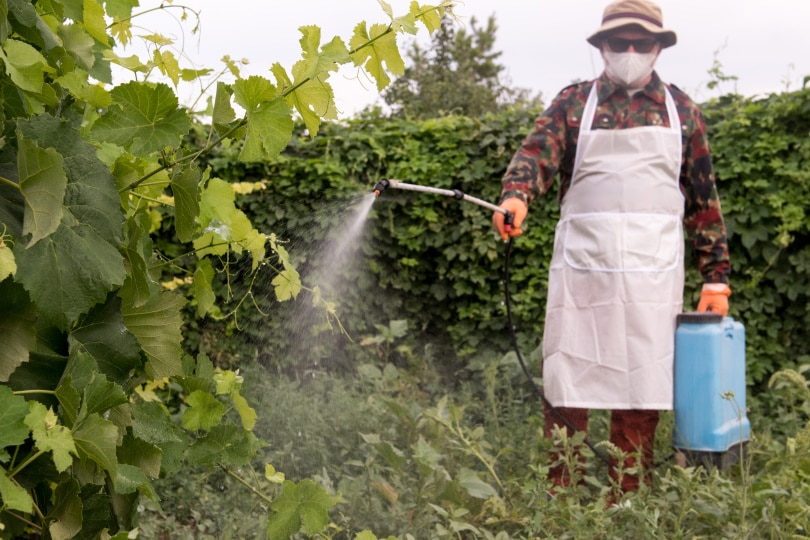
Pests can be quite annoying not only for a garden but also for a lawn. That’s why so many folks use fungicides and pesticides. Sadly, treated lawn grass is not a good composting material, similar to wood or plants. A quick note: if it’s been a week or two since you’ve treated the lawn, you can go ahead and use it. However, if the formula is still fresh on the grass, give it some time to “sink in”.
15. Coal Ash and Cigarettes
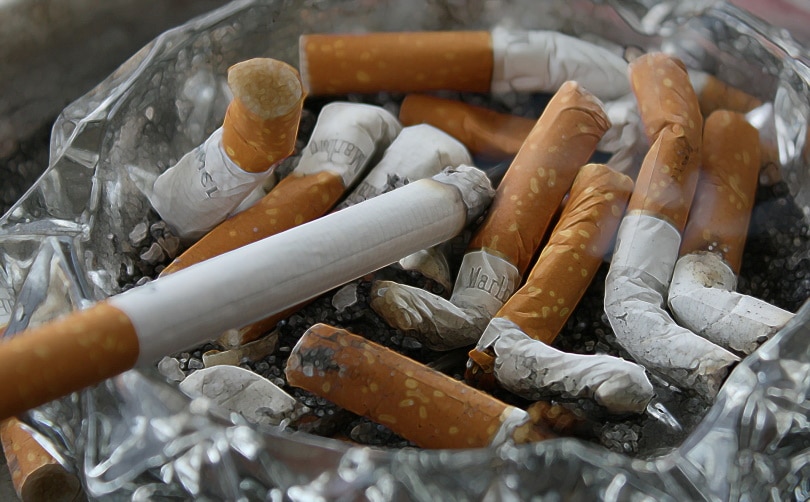
Are you a heavy smoker? You might want to quit, because, first, it’s not good for your health, and second, the butts are not compostable. As for coal ash, it’s also not safe to add it into the mix. The reason: it contains high levels of iron and sulfur that are a disaster for plants and might kill your flowers or vegetables instead of nourishing them. In contrast, wood ash is praised for its ability to fit in.
16. Ink-Rich and Glossy Paper
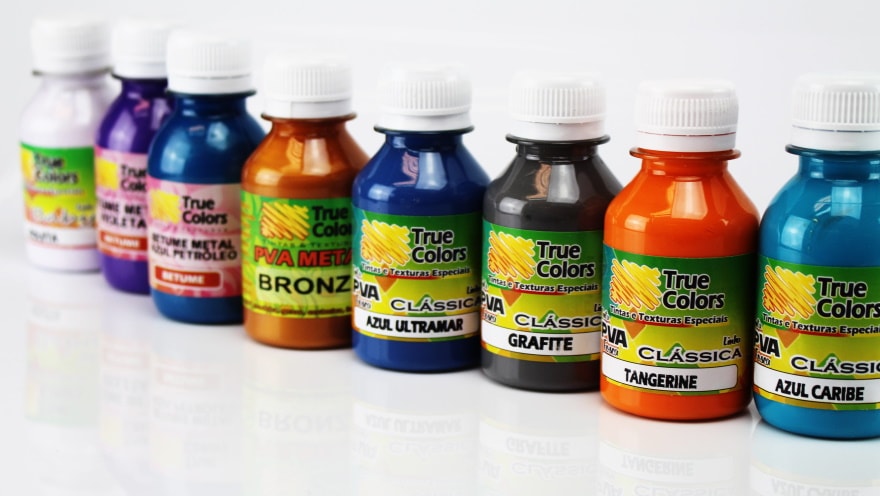
Heavy-coverage ink and color printing include various toxins and could contaminate the compost, ruining organic waste. Plastic/glossy finish in a piece of paper should also be “banned”. The list includes photographs, your favorite shiny magazines, and even catalogs. Human Waste Products
Can you use human waste for composting? The answer is no, you can’t (and shouldn’t). In contrast to manure, human excrements don’t include nutrients—chemical compounds that speed up the process of composting.
17. Used Hygiene Products
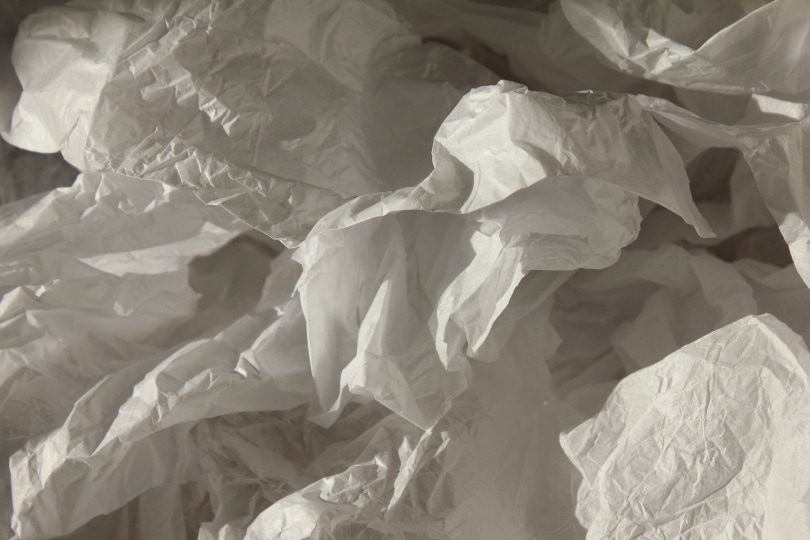
Wet wipes don’t break down, and unlike tissue paper, they are not appropriate for your compost. Pads and tampons are an even worse idea because blood comes with tough-to-handle pathogens that will spoil all the green and brown waste. Women’s liners are a different story, but only after you’ve washed them thoroughly.
18. Human Waste
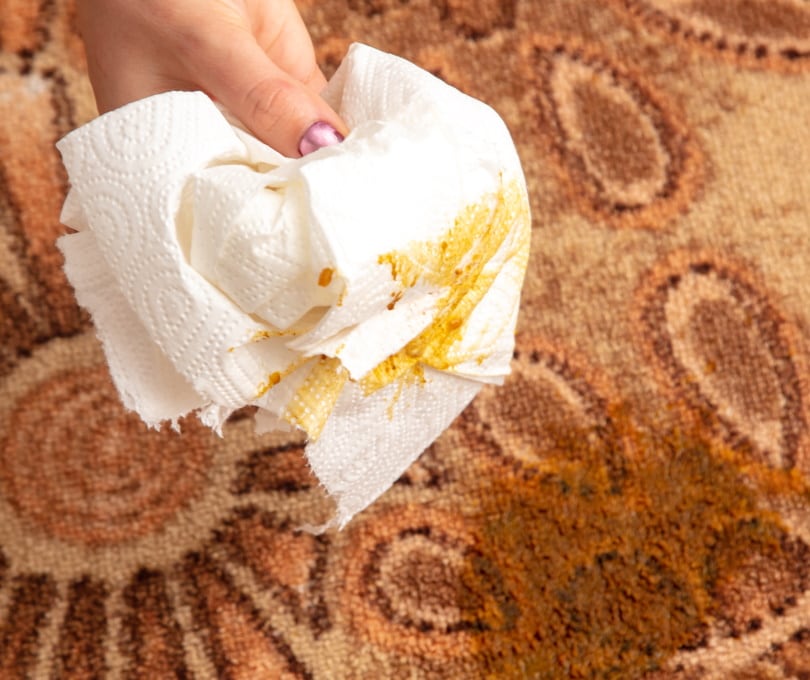
Human feces are stuffed with all kinds of parasites. They will devastate the compost before you can do anything about it. This is true for dog/cat feces too, by the way. And one more thing: don’t put any manure into the pile unless you know the animal is 100% healthy. Otherwise, the muck will contaminate your compost with bacteria. Synthetics, Bathroom and Closet Stuff
Old, worn-out clothes, stuff made from leather, and soaps—you can’t use these items for composting. Why is that, though? And are there any exceptions to this rule, or not?
19. Soap (Synthetic)
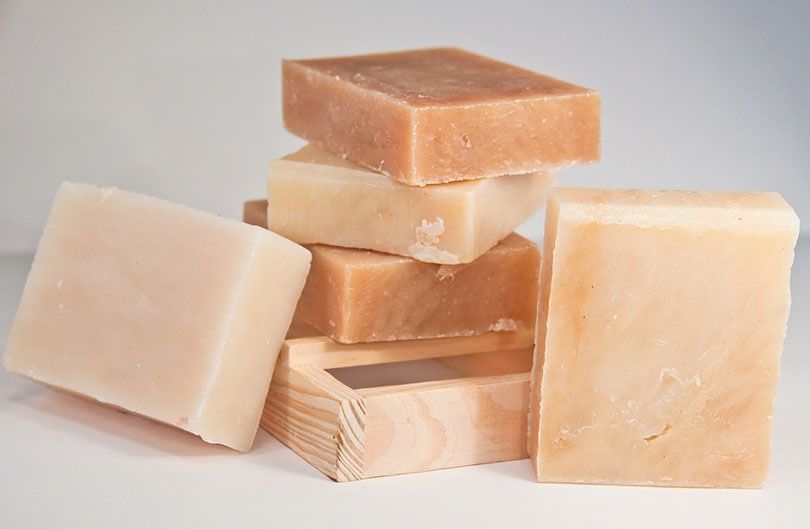
Why would you even want to put soap in compost instead of using it as intended? It won’t be a healthy addition to the mix unless it’s 100% biodegradable and safe for organics. Don’t have any need for it in the bathroom? Just throw the soap away, then!
20. Leather and Synthetic Clothes

We mostly refer to old gloves, wallets, and belts, as these are the things that we don’t usually want to put in the trash bin. Leather doesn’t degrade quickly, however. Synthetics are an even worse pick, thanks to the aggressive chemicals. So, before you put a worn-out jersey shirt in your compost bin, check the tag. Does it say polyester? Then it won’t work.
Why Isn’t Everything Compostable?
It all comes down to structure and composition. Say, did you know that plastic, glass, different metals, fibers, and pesticides are not biodegradable? That’s right, and you should avoid putting those in the compost bin. When mixed in with other components, these materials ruin the composition. On top of that, certain elements/products that are technically compostable will do more harm than good.
First, they create an imbalance between brown and green materials, making the compost a lot less efficient. Second, they take more time to break down. Furthermore, these things often lead to the development of bacteria and diseases.
Conclusion
It might seem that our list includes most foods, plants, and synthetics, as we did cover quite a lot of stuff. However, there are still hundreds of products out there that are perfect for composting. As long as you keep our guide close and avoid these items, you won’t have to play the second-guessing game when trying to create the perfect fertilizing mix.
Just keep meat, eggs, human waste, and a few things from your closet out of the picture, and everything will run smoothly. And when in doubt, stick to tried-and-true materials that you’re 100% confident in because nothing’s worse than contaminated compost!
Related Read:
- What’s Not Compostable? 33 Things You Can’t Compost At Home
- What to Not Feed Worms
- 7 THINGS YOU SHOULDN’T COMPOST
- 10 Things you should not put in your compost pile
- Coal Emissions NETA
- DID YOU KNOW THERE ARE THINGS YOU SHOULD NEVER COMPOST?
- Biodegradable and Non-biodegradable Materials
- Can you compost tea bags?
- Are Produce Stickers Compostable? – Fruit and Produce Sticker Biodegradation
- Juglone – what is it?
- Pathogens & Diseases
Featured Image Credit: Piqsels
Contents



